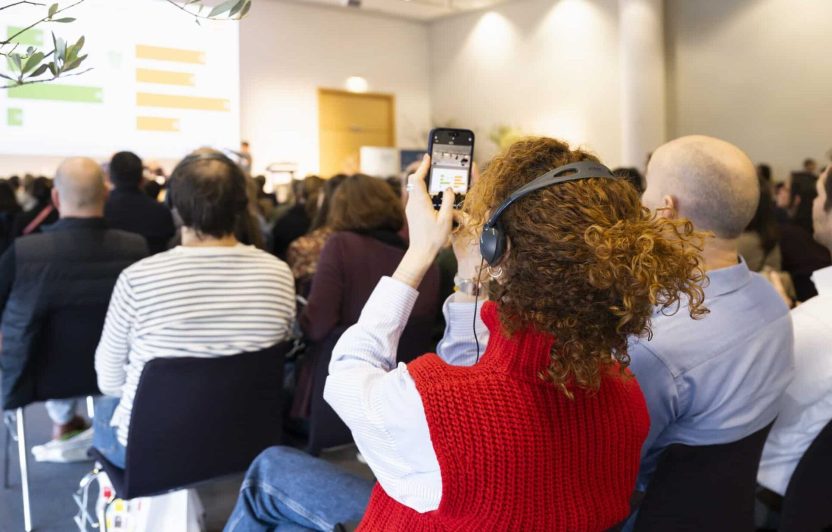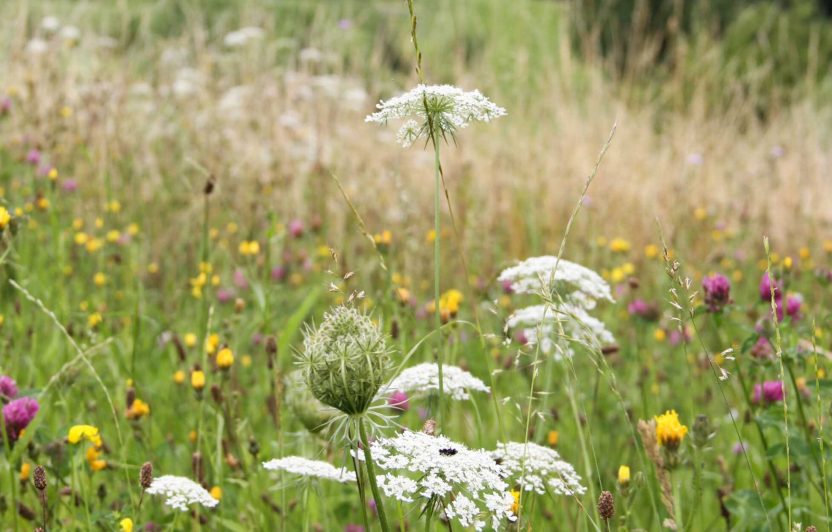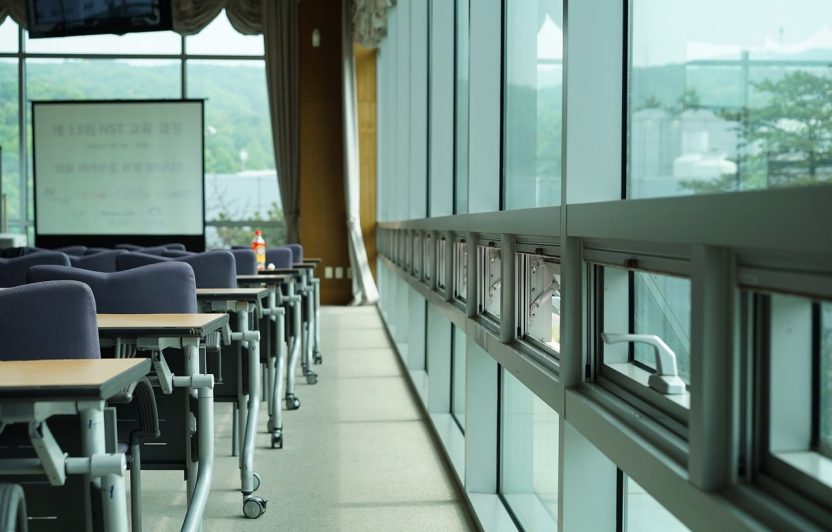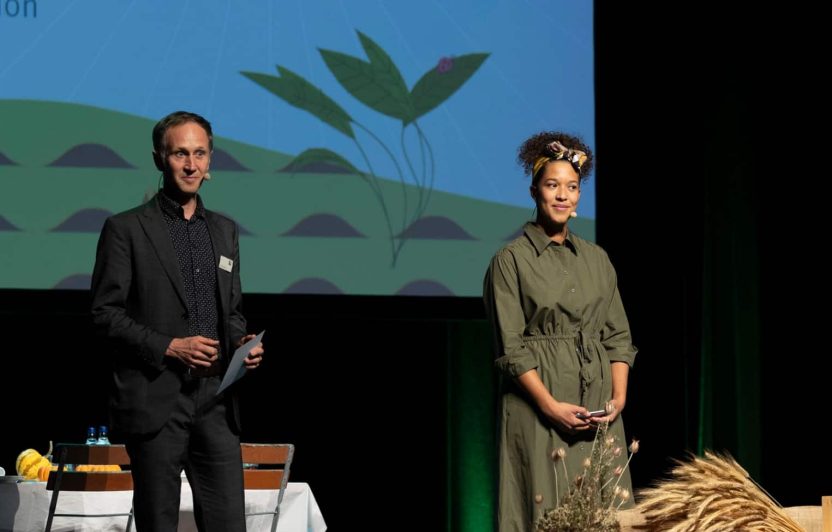“Business as usual is not an option” – the global report by the International Assessment of Agricultural Knowledge, Science and Technology for Development (IAASTD), published in 2009, came to a clear and straightforward conclusion. A decade later world food prize winner and former co-president of the IAASTD, Hans R. Herren, together with an NGO-representative in the IAASTD bureau, food and farming activist Benny Haerlin, made the decision to initiate the advisory group IAASTD+10. Together with 40 renowned authors, they take stock of what has been achieved since the report was published in 2009 in the new book “Transformation of our food systems – the making of a paradigm shift”, edited by Biovision and the Foundation on Future Farming.
Thousands of coffees in the UN Vienna Café
The book is published in the run-up to this year’s only virtual annual event of FAO’s Committee on World Food Security (CFS) where, for the first time, agroecology will be at the centre of discussions. Alexander Wezel, co-author of the CFS High level Panel of Experts Report on “Agroecological approaches and other innovations”, explores, in his contribution in the book how IAASTD, as an overarching political framework for many social movements and peasant organizations around the world, has found its way into the United Nation’s Food and Agriculture Organisation (FAO). Wezel’s contribution is one of 13 essays covering landmark reports on food and agriculture that have followed the publication of IAASTD.
Mayumi Ridenhour and Michael Bergöö go on to describe how the findings of the IAASTD made it into the Sustainable Development Goals (SDGs) of 2015 and substantially improved them – aided by “thousands of coffees in the UN Vienna Café” that were necessary to achieve this goal.
COVID-19 and our food systems
The IAASTD predicted an increase in zoonotic diseases, but not the present pandemic. As part of his contribution, evolutionary epidemiologist Robert G. Wallace analyses the outbreak of COVID-19 in the context of past outbreaks of Zika, Swine Influenza, Ebola Makona and other diseases. He explains why “these outbreaks (…) are more than bad luck” – but in fact relate to industrialized meat production.
In the year 2019 the IPCC published its special report “Climate Change and Land”, which also came to a grim conclusion. However this report made an important contribution to the change of paradigm, as Marta G. Rivera-Ferre, director of the Chair Agroecology and Food Systems at the University of Vic – Central University of Catalonia, explains in her appreciation of the report.
Ten years after the World Agriculture Report, Biovision president and Co-Chair of IAASTD, Hans Herren and 40 other authors take stock.
“An enlightening experience”
Auckland Professor Boyd Swinburn, co-chair of the Lancet Commission on Obesity, calls it “an enlightening exercise” to reflect on the evolution of this “massively important issue”. In his article he presents the 2019 Lancet Commission report which links the phenomena of obesity, undernutrition and climate change. He concludes that “we have made considerable strides at the levels of paradigms, concepts, rhetoric, and global commitments” – but policy action on the ground has remained “patchy and sluggish”.
One of the book’s conclusions is that the problems have intensified since 2009. Global warming has accelerated, biodiversity is decreasing at a breath-taking speed and we face a serious food crisis – hunger and malnutrition are on the rise again while ever increasing numbers of people are suffering from obesity. But the 2019 report of the Global Alliance for the Future of Food and Biovision, also presented in the book, provides glimpses of hope: This report covers findings by an expert group who selected ‘Beacons of Hope’ initiatives from across the globe, providing not only a source for inspiration for food systems’ transformation, but also an aid to better understand how to support and facilitate the transformative processes.
Agreement on the questions at least
The answers still differ, but, unlike a decade ago, there is now agreement on the questions that need to be answered: How to stop global warming and the biodiversity crisis and adapt to the planetary boundaries? How can we transform our food systems so they become just and sustainable’?
“Transformation of our food systems” offers a treasure trove for decision makers and activists alike. As business is as usual is still not an option, the need to find new ways of doing just and sustainable business along the food chain is more urgent than ever.





